Having the odd night sweat now and again is mostly brushed off as nothing to worry about. However, in some cases, this occurrence can be a symptom of something rather serious.
Many women will ignore their night sweats and presume they are happening due to a phase of their life. When a woman is under the age of forty then the night sweats may be a sign of premenstrual syndrome, pregnancy, or even menopause.
Either way, in medical terms, when a person is suffering from excessive perspiration the condition is known as hyperhidrosis.
Are Women More Prone to Night Sweats?
Due to the fact that women are more prone to hormonal imbalances, being one of the main causes behind night sweats, they are usually more frequently exposed to night sweats than men are. In fact, in some periods of a woman’s life, hormonal imbalance is something that is quite normal.
Hormonal imbalance is considered normal during pregnancy, or after childbirth, since hormones are searching for their prior level and their level is varying.
Perimenopause transition can also be a cause for night sweats in women under 30 because it can bring along some changes that affect their reproductive life. Due to increased production of estrogen production by the ovaries, symptoms that resemble menopause are manifested. The duration of this can be from a few months to a few years.
Nevertheless, there are various other causes of night sweats which can appear both in younger and in older women, bearing witness to health conditions that can be quite serious in some cases.
- Participants were 293 women, aged 45 to 55, randomly selected from automated demographic and membership records of a health maintenance organization in the northeast USA. Letters were mailed to eligible women, followed by face-to-face interviews.
- Hot flashes during the month before interview were reported by 57% of the participants, although only 9% of the entire sample reported hot flashes to be "bothersome". Night sweats were reported by 36% of all participants, with 6% reporting night sweats to be "bothersome".
- Fifty-four percent of women reporting hot flashes also reported night sweats. In logistic regression analyses that controlled for menopause status and use of hormone therapy (HT), daily alcohol consumption significantly increased the risk of hot flashes, night sweats, and bothersome night sweats.
- Higher education and an excellent self-rating of health decreased the risk of night sweats, but not hot flashes. Smoking increased the risk of bothersome hot flashes, but not bothersome night sweats.
Do Night Sweats Occur in Women before Their Fourth Life Decade?
Since being a woman younger than 40 rules out menopause in most cases, the frequency of night sweats should be significantly decreased in this period. Yet, there are many other factors that can trigger night sweats in women younger than 40.
Having an infection is the number one cause of experiencing night sweats during this time. Infections like tuberculosis would be a prime culprit. Also, endocarditis which is an infection that causes swelling of the heart valves, or osteomyelitis both can cause night sweats.
Alternatively, inflammation of joints, tonsillitis, appendicitis, diverticulitis, and even human immunodeficiency virus, all can lead to night sweats in women under 40.
As far as hormones are concerned, they can be blamed for night sweats in women under the age of forty too. Certain changes in a woman's menstrual cycle or hysterectomy may be blamed for premature menopause and subsequent night sweats.
Furthermore, eating very spicy foods, alcoholism, and consuming caffeine before going to bed can also lead to wet sheets and nightgowns during the night. While some women may experience hot flashes only during the night, others face immense bouts of sweating during the day too. Due to the fact that the problem occurs whilst you are asleep, night sweats can also bring headaches, irregular and/or fast heartbeat, and nausea.
Some medications can cause a person to suffer from night sweats. Medications including antidepressants and steroids such as cortisone and Prednisone are directly linked with night sweats in women under the age of forty. Even vitamins like Vitamin B3 can cause flushing, which is similar to the bothersome condition this article is about.
Finally, ordinary health conditions like hypoglycemia can cause night sweats. Women who have diabetes, mainly type 1 and type 2 can also have hypoglycemia when they are sleeping. Thyroid disorders are responsible for night sweats too.
Treatment For Night Sweats in Women under 40
In order to reduce and prevent night sweats, it is important to diagnose the underlying problem. For this to be done, a doctor must know all about your medical history, and if you are on some medications, he/she should know which ones these are.
If night sweats occur due to medication, they can be eliminated by drug discontinuation or drug replacement.
On the other hand, if there is an infection, the doctor will prescribe medications for that particular condition.
Hormonal therapy is introduced if a woman has entered menopause. Patients are also advised to take cold showers before going to bed. It would be also good to have a glass of cold milk or juice and lead a healthy life sleeping in comfortable fabrics.
To sum up, women under the age of 40 are quite prone to night sweats since numerous things may lead to this condition. Even though hormonal changes and variations are the main culprits, many health problems such as infections, illnesses, or even medications you might be taking can trigger night sweats too.
In order not to ignore this condition, but, rather, have the reason behind it dealt with timely, you are advised to contact your doctor as soon as you experience recurring night sweats.
Therefore, if this problem continues bothering you, seek medical assistance and have night sweats taken care of.


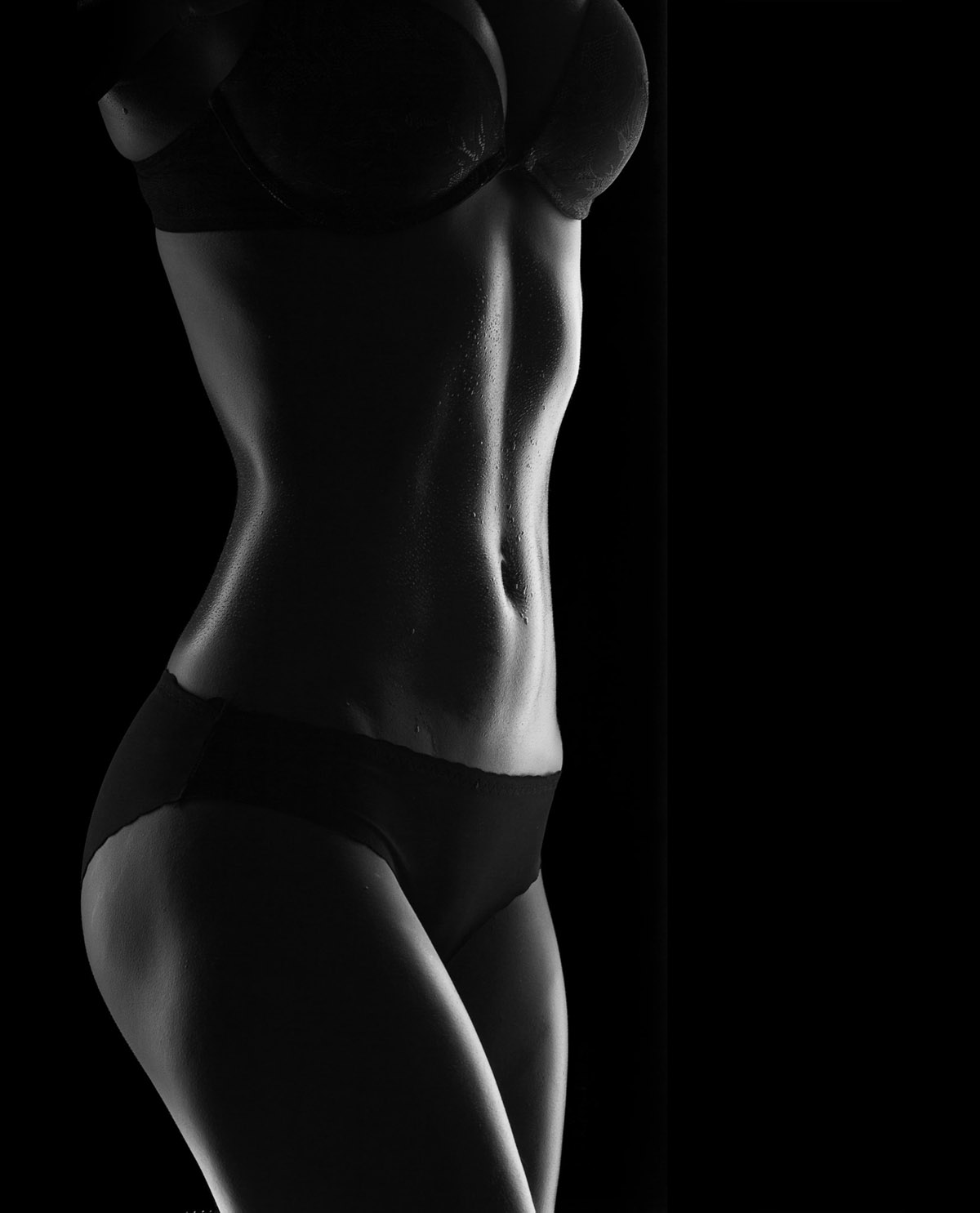


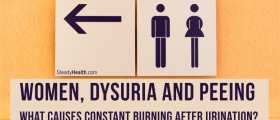

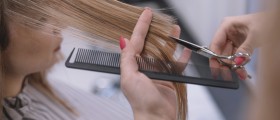






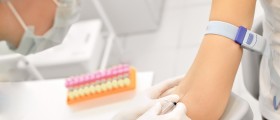
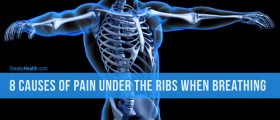

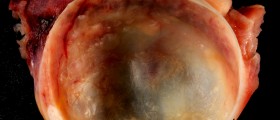
Your thoughts on this
Loading...